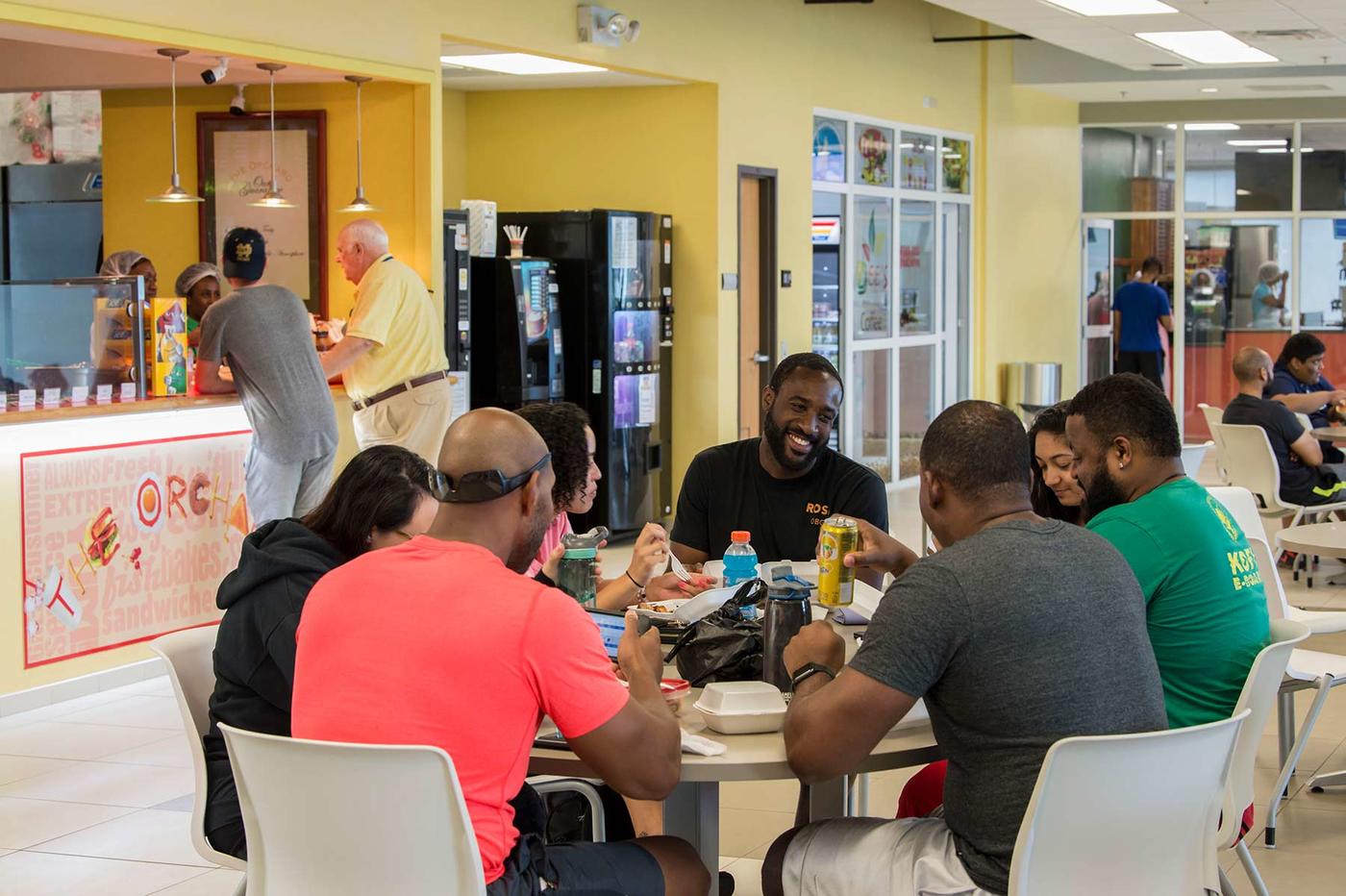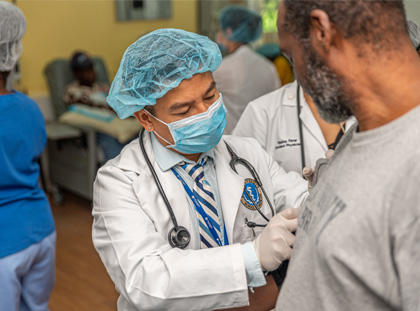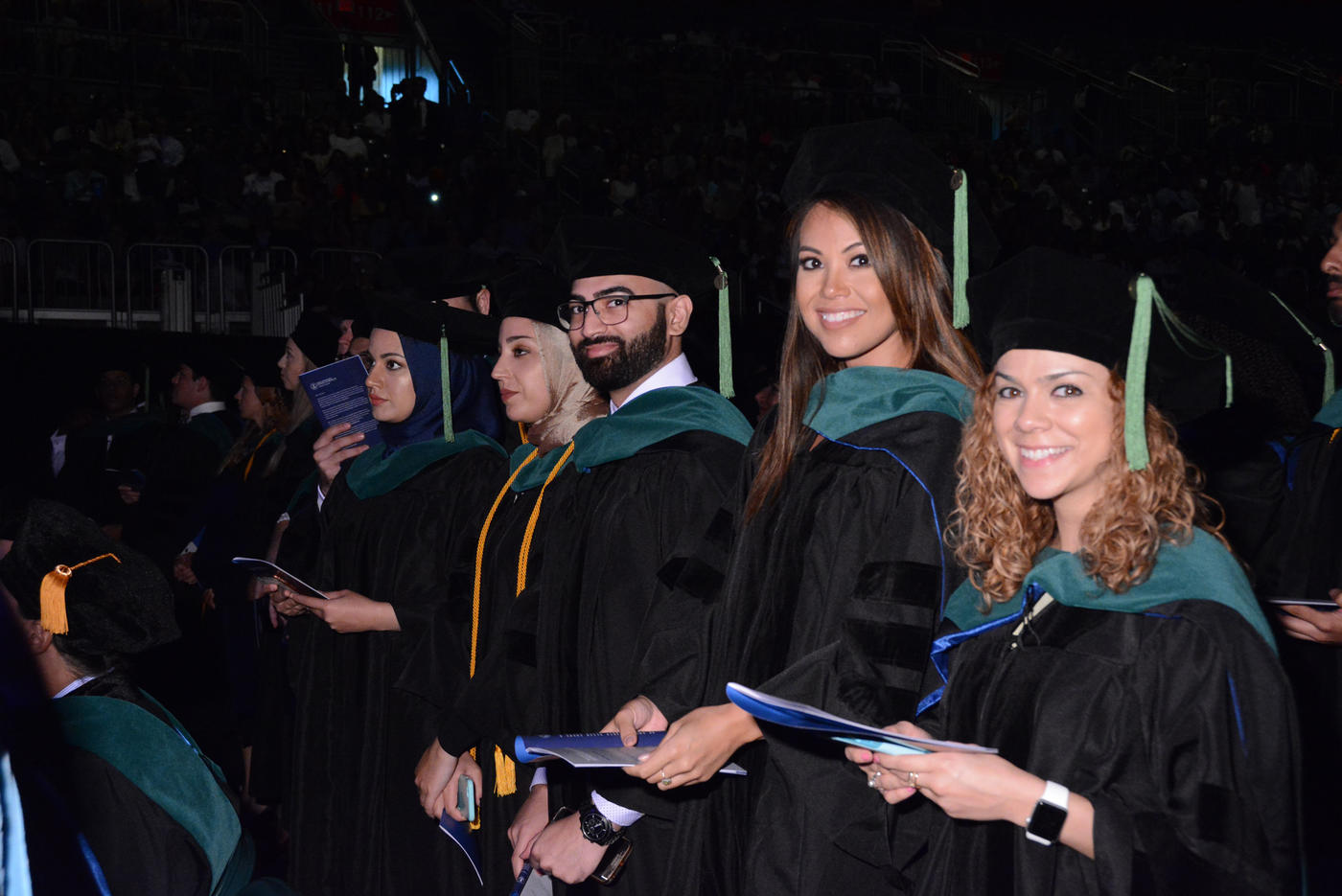98% first time residency
attainment rate?1
Learn what else you may not know about Ross Med.
1First-time residency attainment rate is the percent of students attaining a 2024-25 residency position out of all graduates or expected graduates in 2023-24 who were active applicants in the 2024 NRMP match or who attained a residency position outside the NRMP match.




